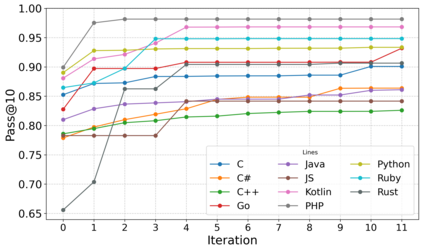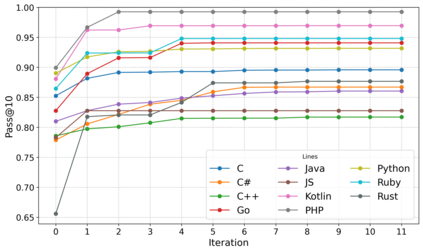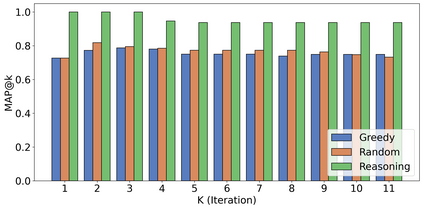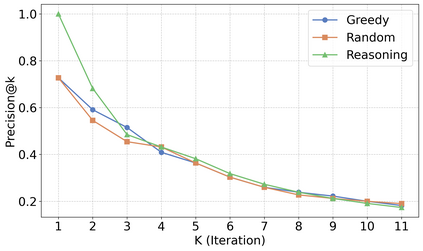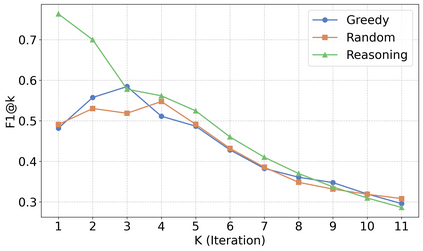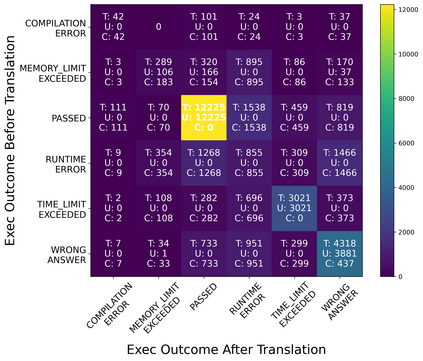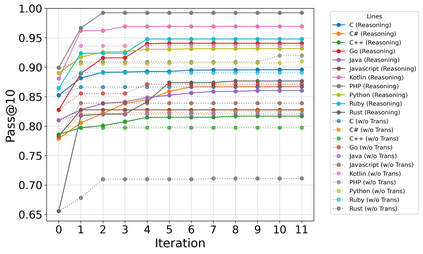Recent advances in leveraging LLMs for APR have demonstrated impressive capabilities in fixing software defects. However, current LLM-based approaches predominantly focus on mainstream programming languages like Java and Python, neglecting less prevalent but emerging languages such as Rust due to expensive training resources, limited datasets, and insufficient community support. This narrow focus creates a significant gap in repair capabilities across the programming language spectrum, where the full potential of LLMs for comprehensive multilingual program repair remains largely unexplored. To address this limitation, we introduce a novel cross-language program repair approach LANTERN that leverages LLMs' differential proficiency across languages through a multi-agent iterative repair paradigm. Our technique strategically translates defective code from languages where LLMs exhibit weaker repair capabilities to languages where they demonstrate stronger performance, without requiring additional training. A key innovation of our approach is an LLM-based decision-making system that dynamically selects optimal target languages based on bug characteristics and continuously incorporates feedback from previous repair attempts. We evaluate our method on xCodeEval, a comprehensive multilingual benchmark comprising 5,068 bugs across 11 programming languages. Results demonstrate significant enhancement in repair effectiveness, particularly for underrepresented languages, with Rust showing a 22.09% improvement in Pass@10 metrics. Our research provides the first empirical evidence that cross-language translation significantly expands the repair capabilities of LLMs and effectively bridges the performance gap between programming languages with different levels of popularity, opening new avenues for truly language-agnostic automated program repair.
翻译:暂无翻译



